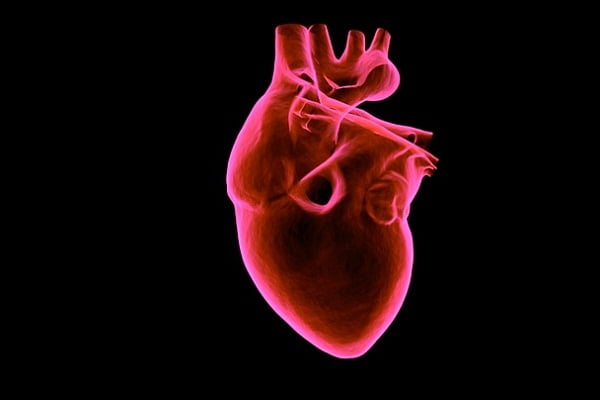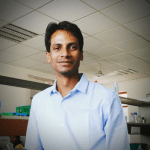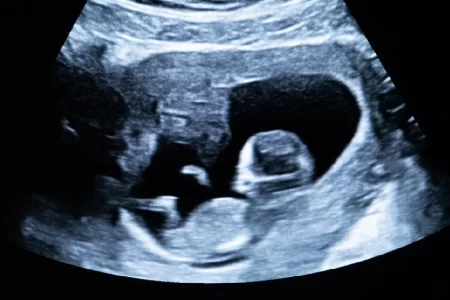Ventricular Septal Defect (Hole in the Heart) in Adults
- Updated on: Jul 9, 2024
- 3 min Read
- Published on Oct 10, 2019


What is a ventricular septal defect in adults?
Ventricular septal defect is a congenital heart defect. Congenital defects of heart are present at birth and are related to structural problems of the heart. While many defects such as ventricular septal defect can be treated successfully during childhood, adults often need additional consultations, procedures or medications later in their life.
Ventricular septal defect in adults or VSD in adults is a congenital heart defect in which there is a hole in the heart wall that separates the heart’s ventricles (lower chambers) that results in pulmonary hypertension (high blood pressure) severe enough to damage blood vessel walls. If your child has been to a VSD surgery during childhood it requires regular follow-up and care by a cardiologist throughout adult life. Many a times untreated VSD is diagnosed in adults and it may require surgery if it can cause a danger to the patient.
A hole in the heart in adults or ventricular septal defect in adults may be a result of asymptomatic VSD which was left untreated during childhood or a complex VSD treated in childhood that requires further repair or new treatment in adulthood. A repaired VSD of childhood can still cause problems in adulthood. Usually, VSD in adults manifest with more complicated symptoms.
More: Human Heart: Anatomy, Function, Chambers, Facts
More: Ventricular Septal Defect Surgery (Hole in Heart Surgery)
What is the cause of VSD (hole in heart) in adults?
A hole in heart of adults or VSD in adults is a congenital heart defect which is a condition one is born with. There is no exact cause why a VSD forms but it might have to do something with genes and environmental factors. Sometimes, VSDs in adults are found to be associated with other congenital heart defects. If the small VSDs do not close own their own in childhood, they present themselves with manifestation of symptoms in adulthood.
What are the VSD symptoms in adults?
In adults, VSD can be small, medium, or large in size with or without other complications such as pulmonary stenosis, pulmonary hypertension, or aortic regurgitation. Usually, small defects remain asymptomatic and could represent a larger defect that became smaller because of incomplete spontaneous closure. Adults having VSD often present with dyspnea. Other common symptoms may include:
- Shortness of breath
- Dizziness or fainting
- Low tolerance to exercise
- Swelling of body tissues or organs (edema)
How is VSD treated in adults?
The VSD treatment in adults depends on the type of the defect, its size and its location. Most VSDs are repaired by placing a patch or plug into the hole during open heart surgery in adults. More recently, another approach of catheter intervention is being tested to put the patch or plug into the hole.
A catheter is a long, thin tube that the doctor guides into the heart through a blood vessel. However, in severe cases, a VSD surgery is needed to repair the hole in the heart in adults to check further complications or sometimes to repeat the procedure in adults who have already had a VSD surgery during their childhood.
Even if an adult has got his/her VSD repaired, he/she doesn’t have a “normal” heart. If you are born with a VSD, you are more likely to have a lifelong risk of other heart problems. Many complications appear a long time after the original repair. One of the most encountered risks in adults with VSD is endocarditis, or infection of the lining of the heart and the valves. Adults with a repaired VSD can also develop a slow, fast or irregular heartbeat. These complications can be the result of scars in your heart created by your previous surgery. Other possible problems include valve problems, stroke, and heart failure.












